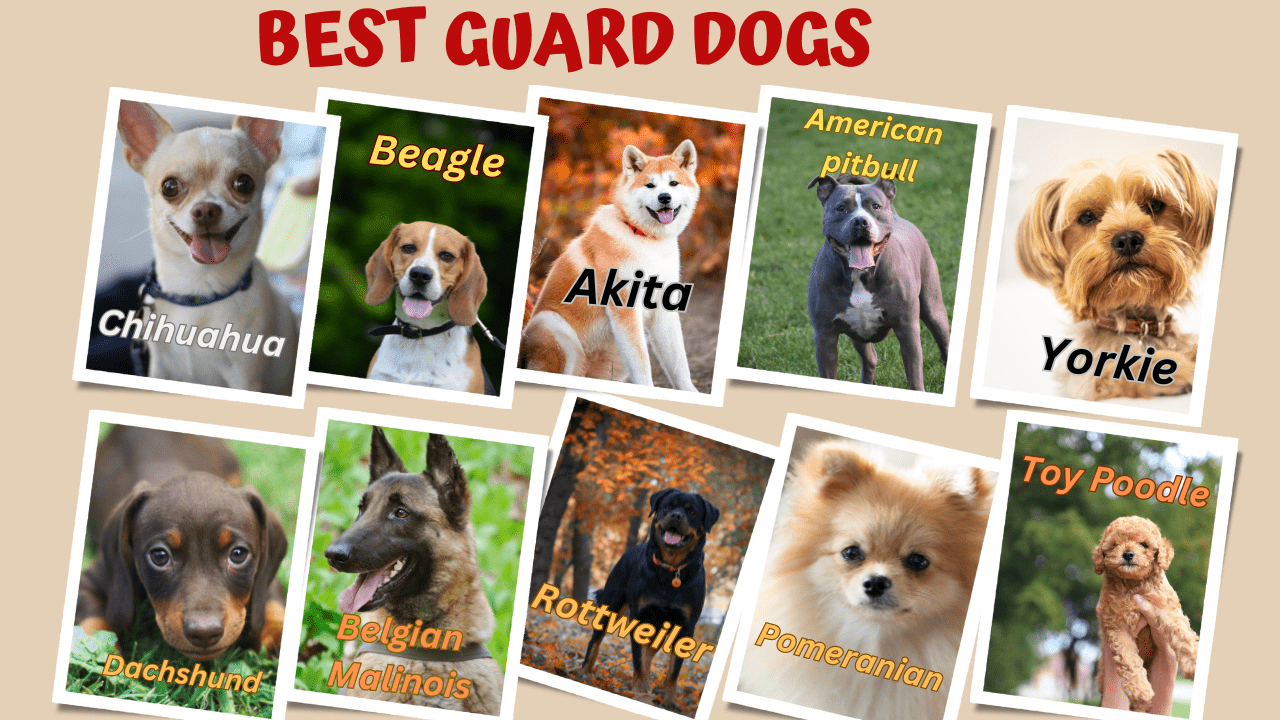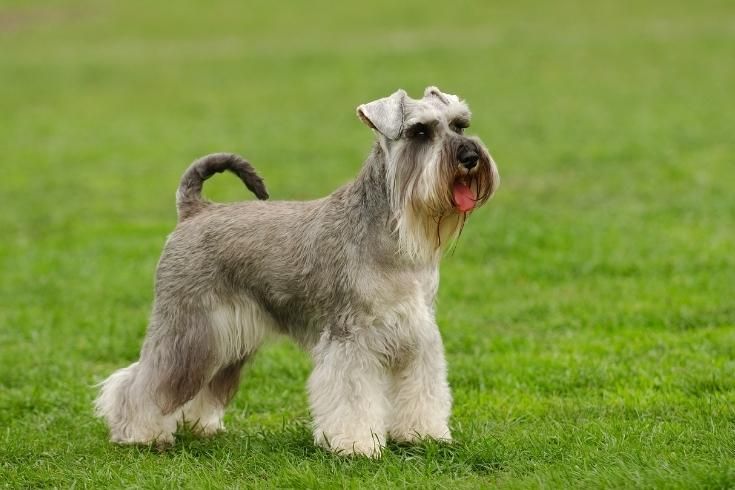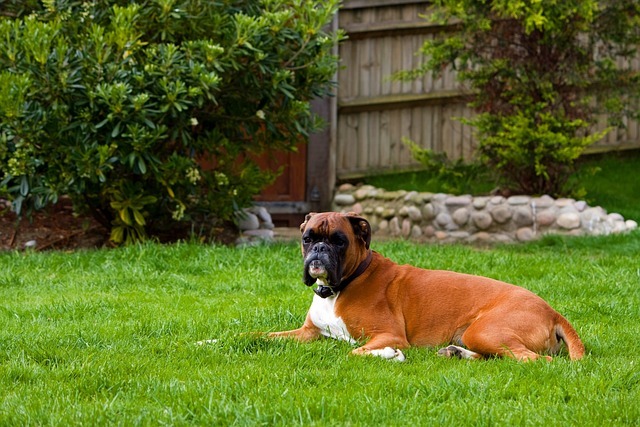Poodle dogs are famous for being smart and quick-learning dogs with no allergies. They make loyal and adaptable friends, always craving for people’s attention.
Statistics
| DOG BREED GROUP | Companion Dogs |
| HEIGHT | 10 to 22 inches tall |
| WEIGHT | 6 to 70 Pounds |
| LIFE SPAN | 12 to 15 years |
Poodle
Poodle is one of the most beloved dog breeds famous for their striking looks, intelligence, and versatility. You can see them in dog show rings or chasing after objects thrown during games in parks near you, this gives them special attraction. With origins from Germany but refined in France, it brings us to these creatures—with their unique Toy, Miniature, and Standard sizes.
What makes Poodles unique? Among other reasons, it is because poodles have coats that do not cause allergies easily. Poodles are extremely intelligent hence quite easy to train giving them compatibility with virtually every individual within our society. Furthermore, their joyful disposition and loving attitude toward life enable them to fall in place with different ways that people live or embrace daily.
In this article, you find everything about the poodle breed including their interesting background and how they stand out when compared to other breeds, as well as their health issues, and the care that these dogs require. So, enjoy reading to get one for your home or learn more about it.
Quick Facts
- Origin: Germany
- Size: Standard, Miniature, Toy Poodle
- Coat: Dense, curly, single-layer coat in various colors, including black, white, brown, and apricot
- Lifespan: 12-15 years
- Temperament: Intelligent, active, eager to please, sociable, and affectionate
- Exercise needs: high
- Training: Highly trainable and excel
- Grooming: Regular brushing is essential
- Health issues: Generally healthy, but may be prone to certain health issues such as hip dysplasia, Addison’s disease, and eye diseases
Adaptability
Poodles can thrive, whether your residence is a bustling city apartment or an open countryside house because this breed comes in various sizes, thus ensuring they will always have somewhere to live harmoniously. Every dog irrespective of its size needs both mind games and run-outs so much more than anything else.
They are friendly and love playing, making them ideal for children too. Poodles also have a great sense of attachment to their loved ones and at times would guard them fiercely. They are also good with other animals, making them suitable in a multi-pet-loving environment.
No matter the environment, a poodle will always fit as it should. In places with cold climates, particularly they must keep warm by wearing sweaters specifically tailored for this purpose like those made out of wool which are quite popular because of the warmth they provide even during very harsh winters.
The most amazing thing about Poodles is their ability. They easily fit in different places such as houses, towns, and even families, which shows they are flexible pets that people love. Since anyone residing in a rural setup can own one of these dogs, it will always fill their days with happiness and help them appear modest too.
Poodle Characteristics
- Sizes: Poodles come in three sizes Toy, Miniature, Standard. The Toy Poodle suits anybody looking for a small easily transportable pet whereas the Miniature Poodle fits perfectly as an intermediate size. While Standard Poodles are suitable for persons who like big dogs.
- Intelligence: famous for their extraordinary intelligence, Poodles are the cleverest breeds of dogs. They have a strong desire to find out different tricks and commands hence it is very pleasant to deal with them.
- Allergy-Free Coat: The major difference between poodle’s skin and other dogs is that they have curly hairs which are also non-shedding and therefore produces less dander, hence they are the best for the allergic people.
- Appearance: Poodles possess a stylish and graceful beauty. Their look attractive because of their well-proportioned bodies accompanied by long necks, with refined heads. Poodles often cause people to look at them whenever they pass by because their curly coats are dense and could be white, black, apricot, or grey.
- Playfulness: Enjoy games, toys, and other activities are things that they like engaging in. Those leading active lives, remain good companions both to families as well as to individuals due to their playful dispositions.
- Energy levels: Poodles are recognized for their enthusiasm and need for quality time. This breed requires a walk every day. Their energetic nature makes them ready for any kind of adventure.
- Sociable: Poodles enjoy interacting with humans since they are social butterflies. These dogs are affectionate, friendly and they also love being a part of the family unit. Moreover, if they are appropriately introduced into the society, they can get along with kids and other animals.
- Grooming: Poodles have high grooming requirements. Some may argue that other breeds require less grooming needs. Poodles usually look attractive after proper grooming.
- Longevity: The average life span of poodle is 12 to 15 years. In order for poodles to enjoy a long, healthy life they need physical activities on a regular basis and visit the veterinarian routinely. Their lifespan enables companionship over several years hence increasing pleasure.
Poodle Size
Poodles, come in three distinct sizes. Toy ones, which are up to 10 inches tall and weight between 6 – 9 pounds. Miniatures that are 10 – 15 inches tall with 15 – 17 pounds. Standards above 15 inches in height ranging from 40 to 70 pounds.
Toy poodles are ideal for urban dwellings, while miniatures can adapt to any type of lifestyle, whereas standards suit very energetic households. All of them possess clarity in their brainpower, and kindness towards others besides being flexible friends who would walk alongside you no matter what happens. Pick the one that suits better with the way you live to create an understanding pet.
Types of Poodle
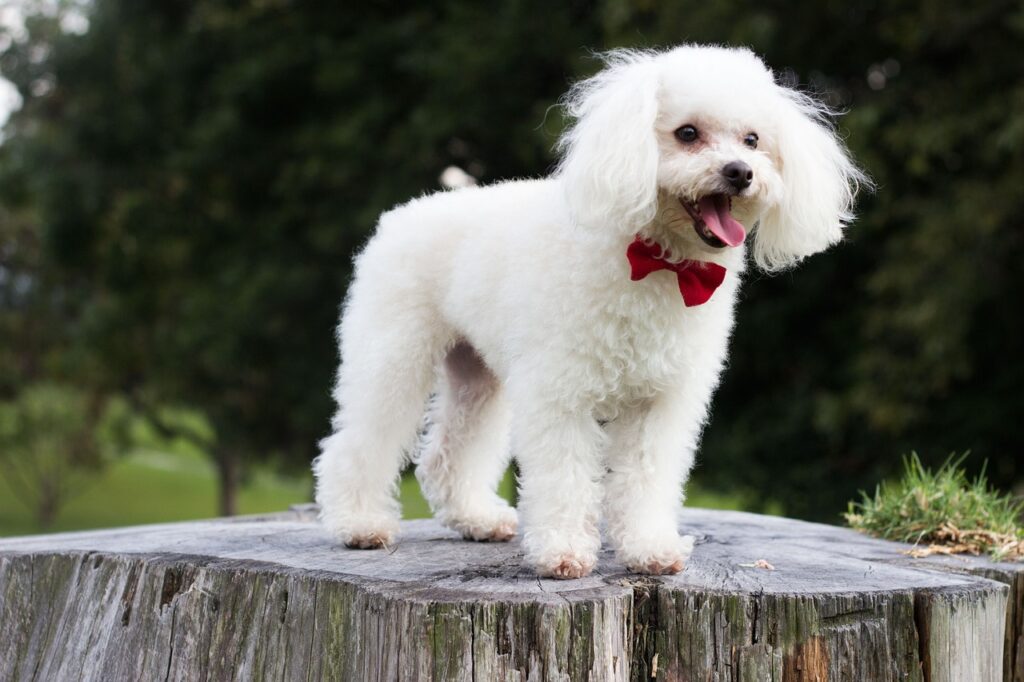
The Poodle breed comes into three types Toy, Miniature, and Standard. All of these breeds are designed in a way that makes it possible for people with different tastes as well as those having varying lifestyles. We read deeper into each group so that we make some sense of it.
| Type of Poodle | Standard | Miniature | Toy |
|---|---|---|---|
| Height | Over 15 inches | 10-15 inches | Up to 10 inches |
| Weight | 40-70 pounds | 15-17 pounds | 6-9 pounds |
| Characteristics | – athletic – Playful – friendly, – ideal for active families – Natural Swimmer Average Life: 12 – 15 years | – Versatile adaptability – Affectionate – great with children Average Life: 13 – 15 years | – Best for apartment living – Agile – intelligent Average Life: 12 – 18 years |
| Health Issues | – Hip dysplasia – bloat – PRA | – Hip dysplasia – patellar luxation – cataracts – PRA | – Patellar luxation – dental disease – cataracts – PRA |
| Energy Level | Moderate to High | Moderate to High | High |
There is a Poodle that will suit every taste and need—from a small cuddly buddy to an amusing medium-sized creature, and even a big stately friend. Poodles are highly regarded by pet enthusiasts across the world because they are intelligent adaptable and loving animals. Irrespective of their size, each type of Poodle has some unique way of showing affection and happiness to those who own them.
Personality
Initially, one of the things that jumps to mind when anyone mentions the poodles is that it is an intelligent breed. Easily trainable, these animals absorb new information quickly hence they are able to pick-up commands easily than any other breeds. These dogs love to play games and interactive activities which keep them physically and mentally active.
Additionally, Poodles are very outgoing animals that like to participate in family events. They are compatible with other animals and do not mind strangers if they have been formally introduced. The fact that they are outgoing does not enable them to stay alone for a long time since they need people around.
History
Centuries and continents have also ranged the rich history of poodles. Germany, where these dogs originated from called “Pudels” meaning “splash in water” since they were originally developed specifically for retrieval work in water bodies like rivers or lakes.
The Poodles made the journey to France as the breed developed into a recognizable pet and were hence liked by many people eventually becoming the national dog in France. Its name was varied to Caniche because it resembled ducks this is according to its former name ker canard which referred to duckling (mean).
In the 18th century, Poodles became a favorite of European aristocracy. The courts of France and beyond frequently observed them. Their grooming styles, which included the iconic “Poodle cut,” were designed within this time frame to improve their ability to swim as they safeguarded their joints and their vital organs in cold waters.
They attracted large audiences because they could be trained to learn how to perform difficult tricks and complex routines. Additionally, this breed also became one of the most capable dog breeds in the world.
During history, Poodles performed different tasks apart from hunting and entertaining. Their excellent sense of smell was the reason they could be taken as service animals e.g., military dogs, guide dogs, truffle hunters among other things.
Nowadays, Performing families consider Poodles as part human beings who are friendly, think quickly, and have hypoallergenic skin. Consequently, When you see a Toy Poodle, for example, what you are looking at is something that has remained important and valued across generations. Poodles are rarely matched by any other living creatures.
Poodle Temperament
These dogs have a good mixture of brains, cheerfulness, and faith which differentiates them from others. They are nice animals to teach due to their quick intelligence and zeal to acquire new knowledge hence they always perform well in obedience training or agility contests.
Poodles are highly affectionate pets and are attached to their families by strong ties of loyalty, remaining ever-active to ensure the safety of their masters. This makes them excel in training through mind games.
Despite their playful and dynamic nature, Poodles are also famous for versatile adaptability. They are as happy lying on the sofa as they are being on a long hike or swimming in a bath. This makes them versatile pets who can suit different kinds of people as they so wish.
Poodles are usually friendly toward other animals in the house, provided they have been properly introduced since puppyhood. They also love playing with fellow dogs and can live harmoniously with cats.
Poodle Care
Grooming Needs
While Poodles are recognized for their graceful and curly coats, responsibility comes along with this beauty. Poodle grooming is more than just making them look stunning— it is also a matter of life and death. For a start, their dense nonshedding coat needs to be kept under control otherwise they might develop skin problems due to constant matting of the hair thus restricting airflow.
Itchy knots in a dog’s fur come from a lack of regular brushing which leads to dirt accumulation besides making its hair fall out more easily than usual, hence do it daily also Bath them using good quality soap every three to six weeks for a healthy skin coat.
Maintain a manageable coat by getting your hair cut every 4-6 weeks. Professional grooming has a range of poodle styles that include classic styled cuts we know it (“poodle cut”) and low-maintenance trims that suit your pet’s lifestyle best.
Also, ears and eyes need attention too, hence clean the ear weekly to prevent any infection as well as trim the hair around their eyes to avoid eye irritations. Every three to four weeks you should do nail trimming while at the same time making sure there is regular provision of dental care such as tooth brushing by owners themselves because they have an opportunity to do so whereas check-ups need also be done by the medical hence all this leads to a healthy doggy.
Training Needs
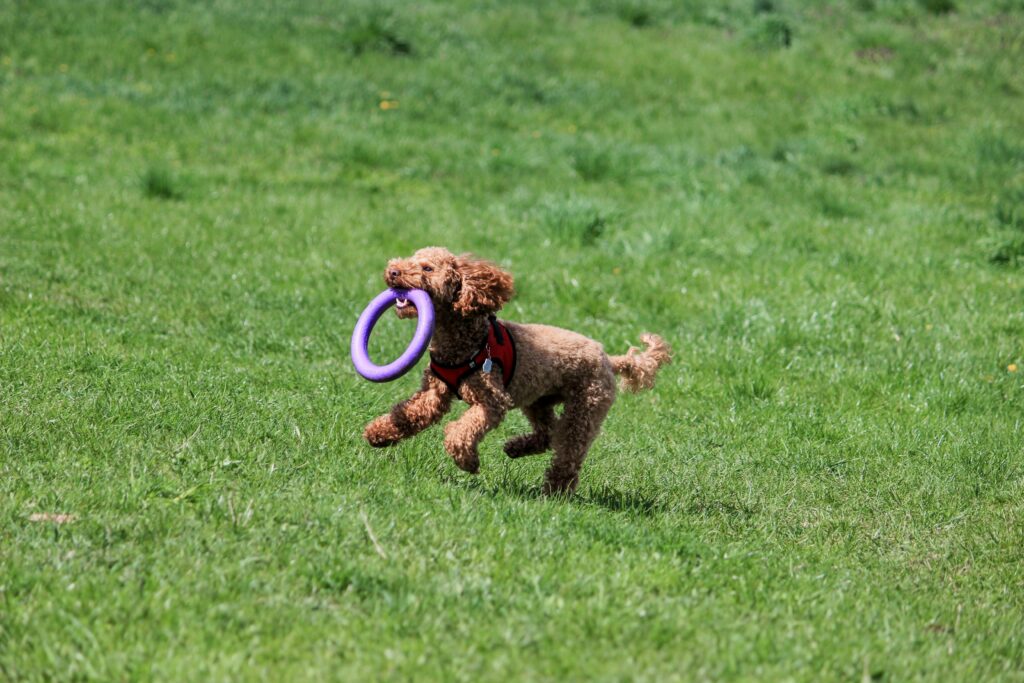
Teaching your Poodle is a wonderful and pleasant process. These dogs belong to the group of the cleverest, so they are easily trained and learn quickly. If a person teaches the poodle simple orders or complicated tricks, they will respond well to this training.
The main thing when training a Poodle is to use positive reinforcement. Positive reinforcement drives Poodles to respond to verbal praise, treats, and play. Rewarding them whenever they exhibit good behavior, will strengthen the bond between you and your Poodle.
Socialization for Poodles is imperative. They should be exposed to various individuals, other pets, and places from an early age so that they may grow into well-mannered individuals. It will also minimize the chances of developing bad behaviors including shyness or hostility which will make it unbearable to you.
Mental stimulation is just as important as physical exercise for Poodles. Their sharp minds require them to be stimulated to prevent boredom and damaging actions. By adding puzzle toys, interactive games, and advanced training to their routine, you can stimulate your dog’s brain. The investment in its training in terms of time and resources would be shown in the way the canine would behave well.
Exercise Needs
Poodles require exercise for various reasons. It is necessary because it helps to maintain their physical health and prevent obesity that could cause different diseases among them. Regular physical activity also makes them strong.
If there is no stimulation for these breeds, then this breed becomes bored hence starting destructive activities such as scratching things or barking. Therefore, it is important the owners play with them and also take them for training.
A great way to get consistent exercise and travel in different environments is walking. Strive for thirty minutes of walking daily, but some Poodles that are more active might find longer walks more beneficial. Interactive games such as playing “fetch” or “tug of war” are wonderful ways of consuming more energy as well as bonding more closely.
Poodles are outstanding in agility courses and they are capable of jumping, weaving, and navigating obstacles in them. This exercise not only keep these dogs physically fit but also gives them challenges to think about. Most Poodles enjoy water especially because they are originally water dogs.
Make use of puzzle toys hiding treats or requiring problem-solving. These will keep your Poodle entertained and mentally sharp. Regular sessions that incorporate good discipline, and at the same time act as mental stimulant. Provide them with new tricks, or improve upon their existing ones.
Benefits of Regular Exercise
For a Poodle to remain healthy, happy and well-behaved regular exercising is crucial. Grooming will also make them clean after long play time. Not only does it help reduce the risk of health problems but also serves as an outlet for their energy while improving their quality of life.
Each dog requires different exercise according to its age, size among others so do poodles. To some it may be taking a brisk walk out there for others running after sticks will do before ending by jumping above a bar.
Diet & Nutrition
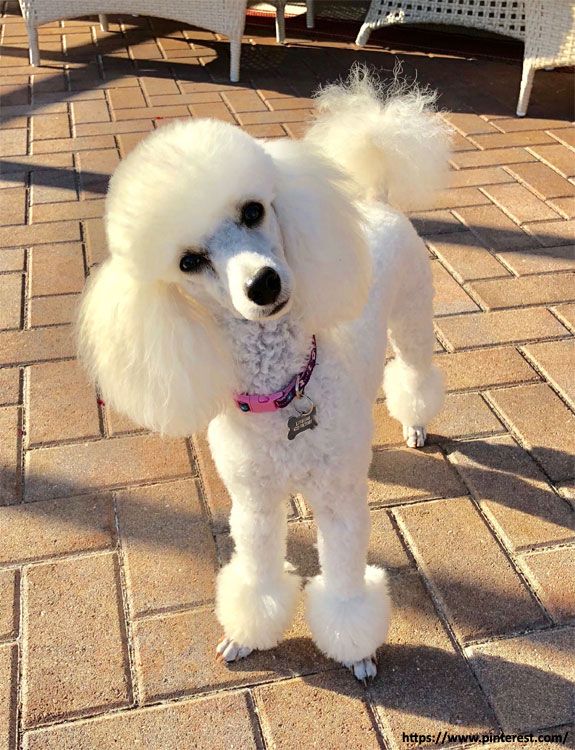
Poodles require a balanced diet that supports their health and vitality. If you are going to purchase some dog food make sure it contains meat but not fillers or artificial flavors. Smaller kibble sizes may suffice for Toy Poodles.
It’s important to establish a regular feeding schedule for Poodles. Most veterinarians recommend feeding adults Poodles twice a day in order to maintain constant energy levels and avoid overeating. Make sure your poodle drinks fresh water at all times. For proper functioning of the digestive system essential nutrients are necessary.
Poodles may have special dietary needs or allergies. Consult your veterinarian to find the proper diet plan in case your Poodle has symptoms of allergies or intolerance. Though treats can be a source of enjoyment in the process of training and developing closeness, keep in mind the calorific value of the treats. Go for healthy treats with low levels of calories and at the same time restrict their amount so you do not add some weight.
Ensure balanced diet for your poodle and veterinary tests on weight gain achieved so far, any other problems that may affect its general well-being need attention. Therefore Creating diets yourself, If you decide to cook food for your big dogs at home, make sure it contain necessary components only recommended by professional pet nutritionist who can help you with formulas essential for this breed.
Health Issues
For the well-being of your beloved Poodle, it is vital to be aware of things that could go wrong with this breed health. Despite being generally healthy, there are some diseases that are common with these dogs. These are a few of the most widespread ones.
- Progressive Retinal Atrophy (PRA): Progressive retina atrophy (PRA) is a severe eye disease that finally causes blindness. This particular hereditary abnormality impacts the retina. It is important for a veterinarian eye doctor to carry out examinations on a regular basis so as to note signs and symptoms early.
- Optic Nerve Hypoplasia: Another eye disorder passed through genes is Optic Nerve Hypoplasia, which results when the optic nerve fails to grow as expected. Early detection is necessary because this problem is there right from when someone is born up till now. In conclusion, having an appointment for checkup or visiting any doctor may reveal its presence thereby ensuring easy adjustment of your Poodle.
- Cataracts & Juvenile Cataracts: Juvenile cataracts occur mainly in Poodles though they are common among aged canines. These are detectable changes in the eye lenses caused by cataracts which sometimes affect Poodles when they have only turned half a year old. Cataracts diagnosis is always necessary as early procedure can assure that surgery will solve everything else before it becomes too late to help.
- Patellar Luxation: Patellar Luxation happens when the kneecap moves out of its place. It can lead to pain and lameness mainly common to smaller Poodle breeds such as Toy and Miniature types. For instance, early signs would be shown through limping or skipping steps. This leads to pain as well as lameness especially in the case of small Poodle breeds such as Toy and Miniature varieties.
- Hip Dysplasia: Hip dysplasia arises when the thigh bone fails to sit accurately in the hip socket. This situation can result in arthritis, pain, and movement difficulties. What sets poodles apart is their vulnerability to hip dysplasia because they are huge dogs as compared to other types. To manage the disease, visit a vet periodically and keep it in check by observing your dog’s diet.
- Legg-Calve-Perthes Disease: Legg-Calve-Perthes Disease is a disorder of the hip joint which leads to breakdown of the femoral head causing pain and limping that frequently occurs in toy and miniature poodles. In most cases animals show clinical signs between 4 and 12 months old. It is vital to identify the problem as early as possible through X-rays and veterinary examination.
FAQs
Are poodles cuddly?
Yes, anybody who knows Poodles well will tell you that they are cuddly creatures! Poodles are indeed loving animals, therefore it does not come as a surprise to many that they are also very affectionate. It seems to me that this breed cannot do without people around them since they just love attention so much, even in their aloof moments.
Do poodles have hair or fur?
Poodles have a coat, not fur. The poodle coat is famous for its spiral and thick quality, which is distinctive for this dog breed. In contrast with normal fur where it reaches a maximum length before falling off while new one begins growing again on an ongoing basis throughout its cycle, poodle hair just goes on growing like our constantly. Because of this, most of those who are allergic to animals choose poodles as their pets.
What is special about poodles?
Poodles are special for their intelligence, versatility, hypoallergenic coats, and affectionate nature. Their adaptability, beauty, and active lifestyle needs make them a cherished breed for many dog lovers.
What were poodles bred for?
Poodles were first created in Germany so as to hunt and retrieving water fowl because they had a great power in terms of swimming and they were in possession of close undercoat that protected them during their engagements. In France, they were also used for searching for truffles after becoming the most intelligent creatures among animals used by man for entertainment in circuses.

